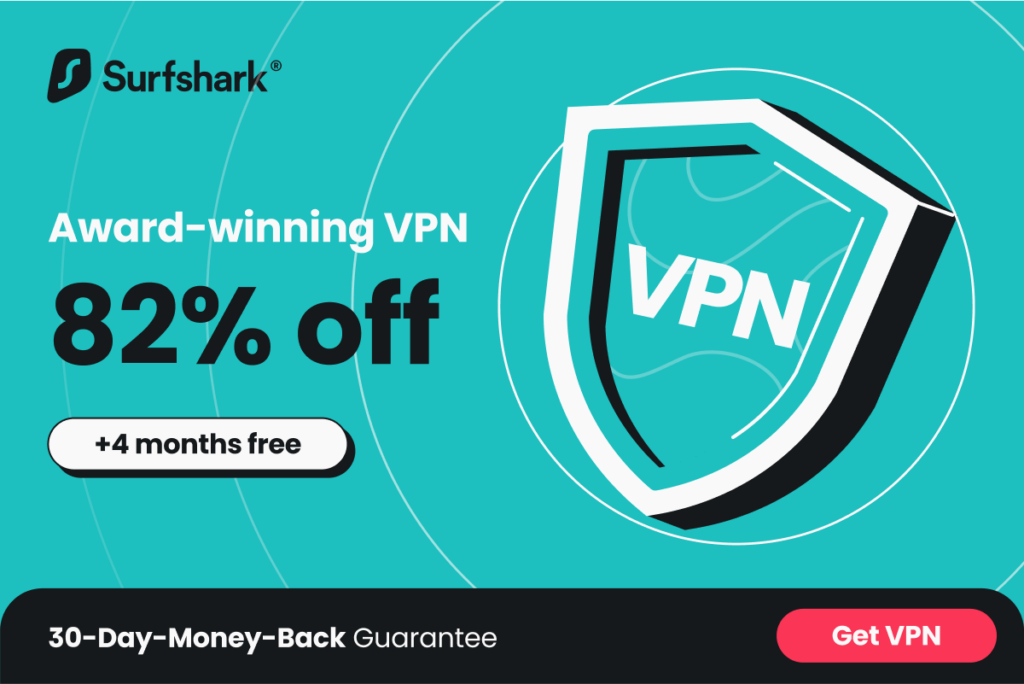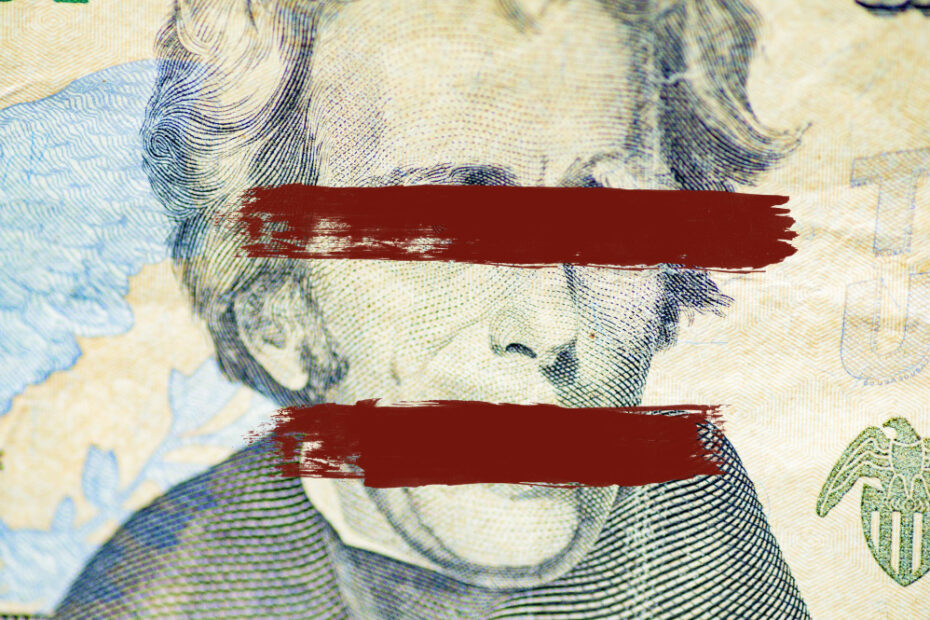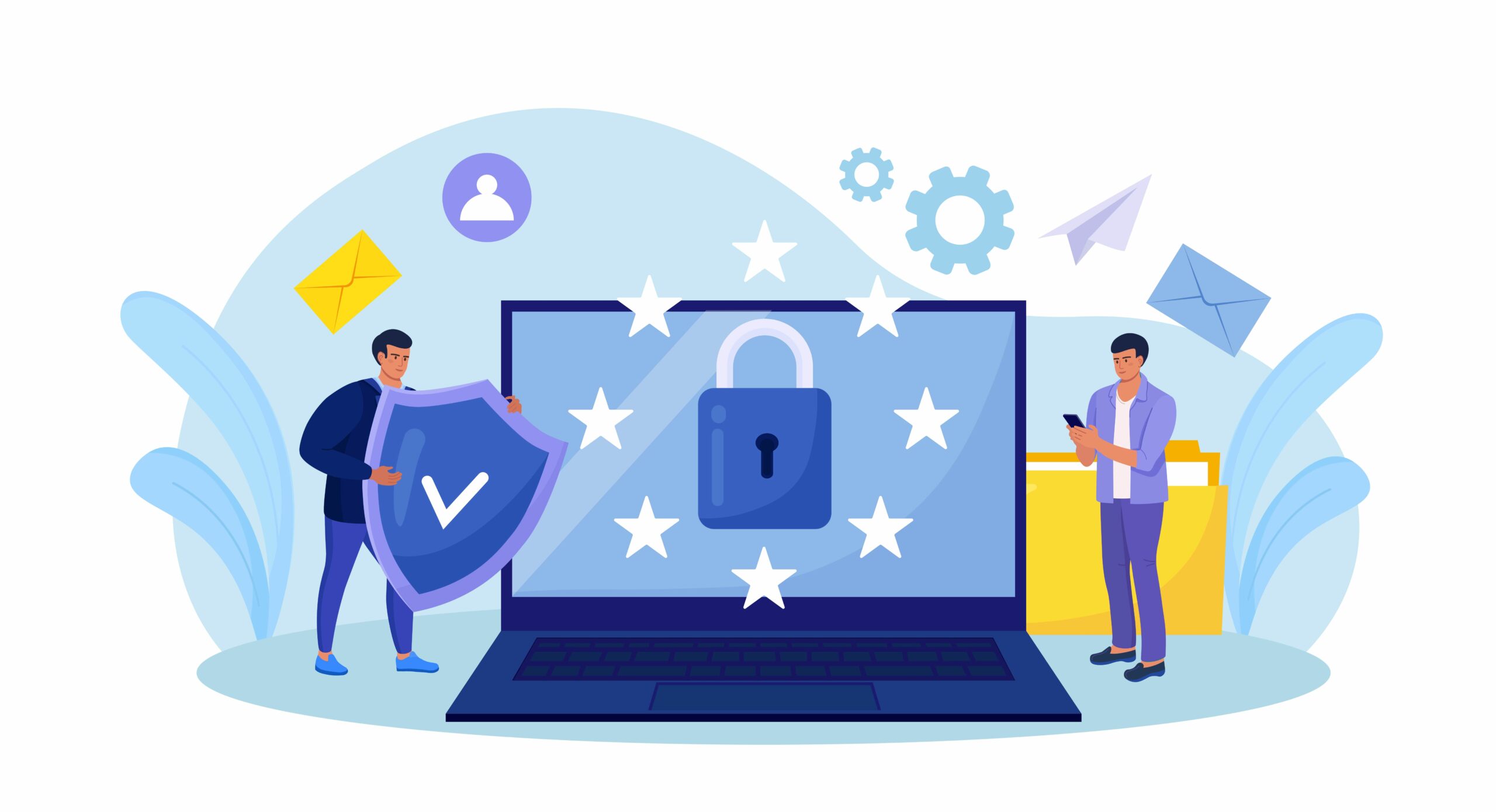Imagine you’re on a much-needed vacation in a foreign land. You’ve just settled into your cozy hotel room and want to stream your favorite show to unwind. But wait, you’re greeted with a message telling you the content is unavailable in your region. Or perhaps you live in a place where the freedom to access the whole of the internet is restricted. Enter VPNs, or Virtual Private Networks. These digital tools promise a way around these invisible walls. If you’ve ever been curious or confused about how VPNs can bypass internet censorship, you’re in the right place. Let’s explore this topic in detail.
What is Internet Censorship?
Internet censorship is more than just an inconvenience; it’s a barrier to the free exchange of information. It involves restricting or blocking access to certain websites, online forums, and social media platforms. Sometimes it’s done for arguably valid reasons, like maintaining national security or protecting copyrighted content. Other times, it can be a tool for controlling the narrative within a country or an organization. Either way, it limits what you can do and see online.
VPN 101: The Basics
So what exactly is a VPN? Picture a secure tunnel that connects your computer to the internet. In the regular way of things, when you connect to the internet, your data packets pass through multiple servers that can see and potentially record your every move. This is where a VPN comes in. It encrypts your data and reroutes it through secure servers, hiding your identity and activities from prying eyes. It’s like sending a letter in a sealed envelope instead of a transparent plastic bag.
How VPNs Bypass Censorship
Getting Past Geo-Blocks
Geo-blocking is the practice of restricting content based on a user’s geographical location. Say you’re traveling in a foreign country, and you can’t access your favorite streaming service. By using a VPN to connect to a server in your home country, you effectively “trick” the service into thinking you’re back at home, thereby gaining access to your beloved content.
Escaping Government Filters
In countries where certain websites are blocked, a VPN is often the tool of choice to bypass these restrictions. The VPN routes your connection through servers located in other countries, where access to these websites is not restricted. For example, if you’re in a country where social media is blocked, a VPN can reroute your connection through a server in a different country, allowing you to browse as freely as you would back home.
Anonymity and Encryption
An important aspect of VPNs that often goes overlooked is their ability to encrypt data. This means that even if someone were to intercept your data, decrypting it would be a near-impossible task. In the context of internet censorship, this additional layer of security makes it extremely difficult for authorities to trace any forbidden online activities back to you.
What VPNs Can’t Do: Limitations and Legal Implications
While VPNs are powerful tools, they aren’t magic wands. For starters, using a VPN to bypass censorship might be illegal in some countries, and getting caught could lead to fines or worse. Moreover, not all VPN services offer the same level of security. Some might keep logs of your activities, and low-quality VPNs could potentially be hacked, exposing your data.
Making an Informed Decision: Is a VPN Right for You?
If you are considering using a VPN to bypass internet censorship, it’s essential to weigh the benefits against the risks. Read user reviews and expert analyses to select a reliable service. Check the laws of your country regarding VPN usage and understand that while a VPN offers enhanced online freedom, it isn’t a carte blanche to break the law.
Conclusion
To answer the question at the heart of this discussion—yes, a VPN can serve as a highly effective tool for bypassing internet censorship. But it’s not a one-size-fits-all solution or without its risks. Just like any tool, its effectiveness depends on how you use it and the precautions you take. In the battle for online freedom, a VPN can be your ally, but it’s crucial to wield this tool responsibly and legally.




